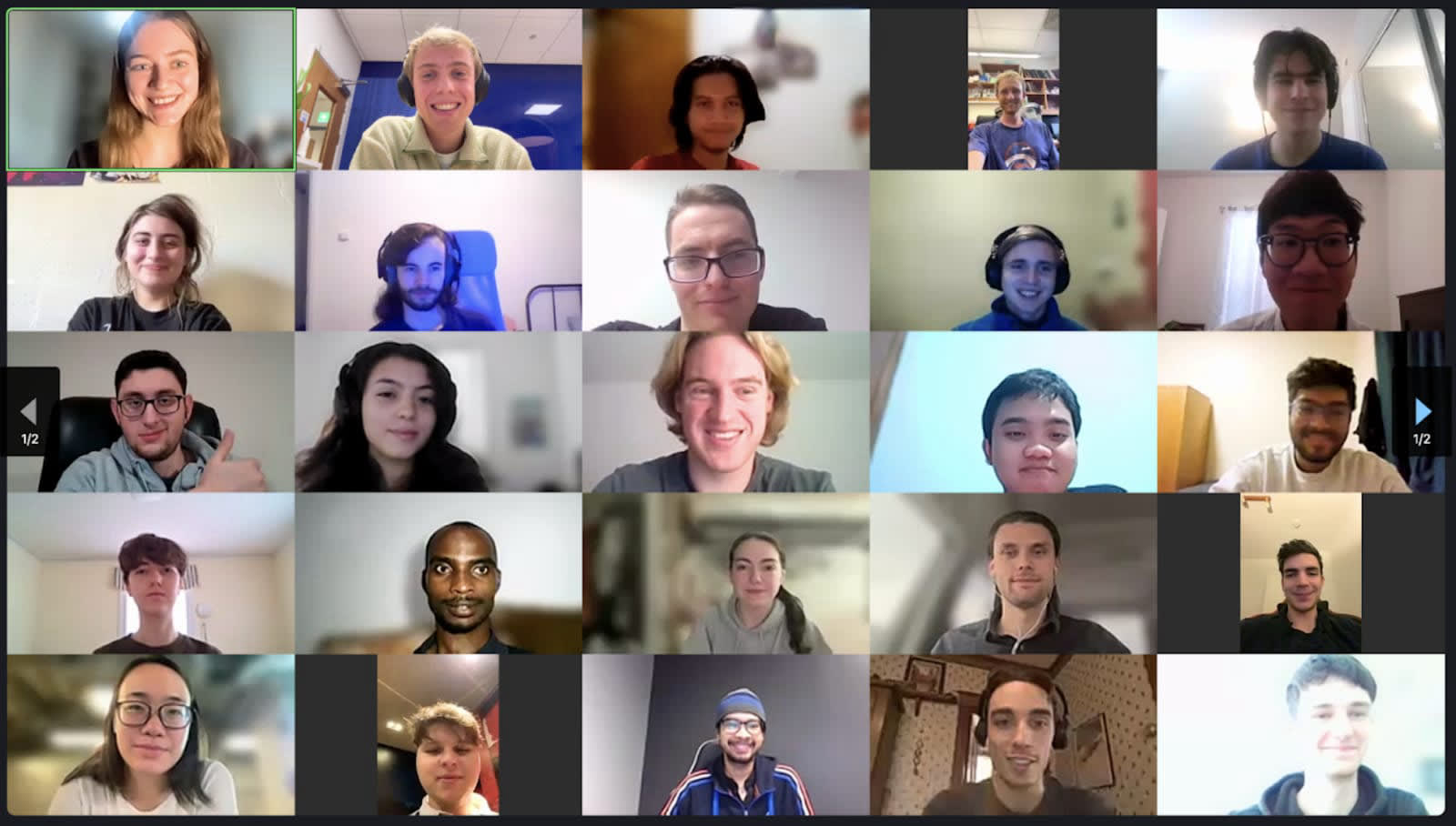I was positively surprised to find out that I was able to edit my username in the forum to be my full name. As I was previously under the impression that this was impossible, I wanted to share this and encourage users to consider switching to their full names.
The suggestion in the how-to-guide is:
In general, we think that real names are good for community bonding, and we encourage you to use yours. But it's not required.
I think this is a good policy. I can imagine cases where using a pseudonym might make it easier to communicate openly without people outside the community being able to connect the post to the author. For most posters, especially the frequent posters, it seems relatively easy to find out who the author is. After meeting several users at EAGs I'm building up a mental database where I keep track of real names (used on Swapcard and emails), forum user names, and sometimes nicknames and Twitter handles. This seems unnecessary.
Connecting names you saw in comments and posts to name tags at conferences makes it easier for people new to the community to start conversations based on what you read. It's also easier when you hear others refer to people by their real name.
In a growing community that aspires to be welcoming, I think it's a good norm to make it easy for people to learn about the engaged participants. In addition to using the real name, I would also like to encourage adding a description to the profile. This can include the current organisation, group, university, cause area or GWWC membership. Similar to Swapcard at the EAG conferences, it helps to understand better where someone is coming from or is currently active.
A counter-argument might be that readers might defer too much to people with impressive affiliations instead of focussing on the content. I would agree with that. However, currently, many pseudonyms seem to be known to engaged members, which leads to different levels of knowledge.
Looking at the posts with the highest karma it's nice to see many using real names already and I hope to see more in future.



Ah
I agree with the tradeoff of [feeling comfortable to post stuff] vs [being closer to others with their name].
For myself, I try to push myself slowly towards being "open", but I don't want to override my own comfort zone to strongly (also because I know I have 1000 things to fix and I can't work on them all at once).
I also wouldn't want to push others, for similar reasons.
I do endorse what Edo did for me - a small nudge which was no pressure but was enough to get me to think about the question.